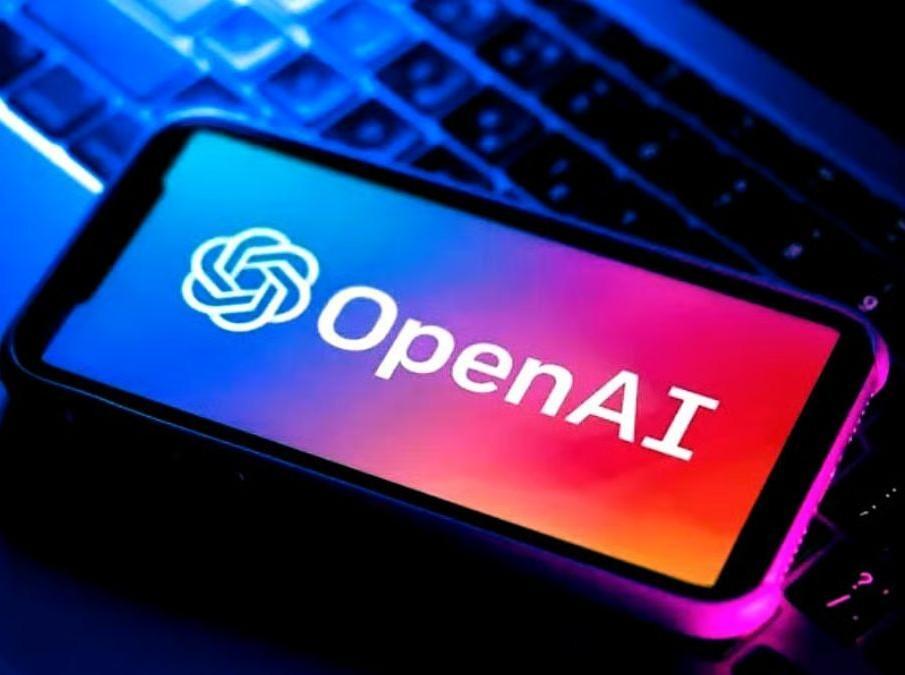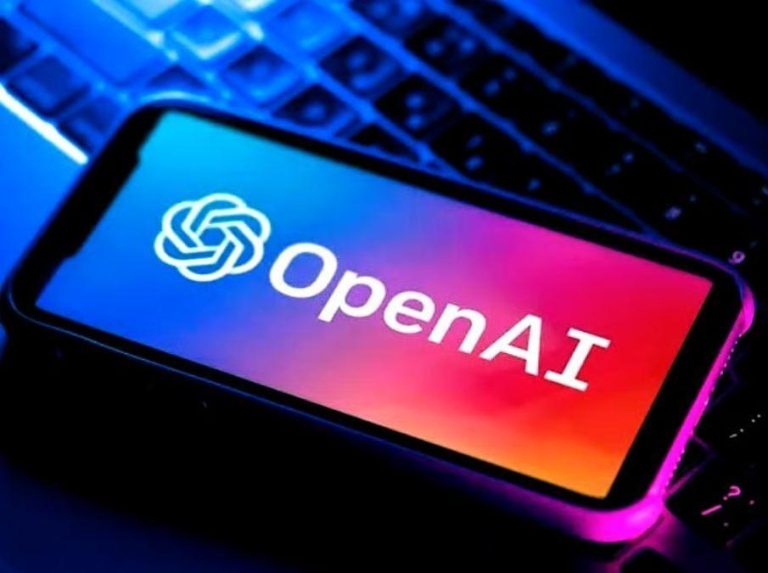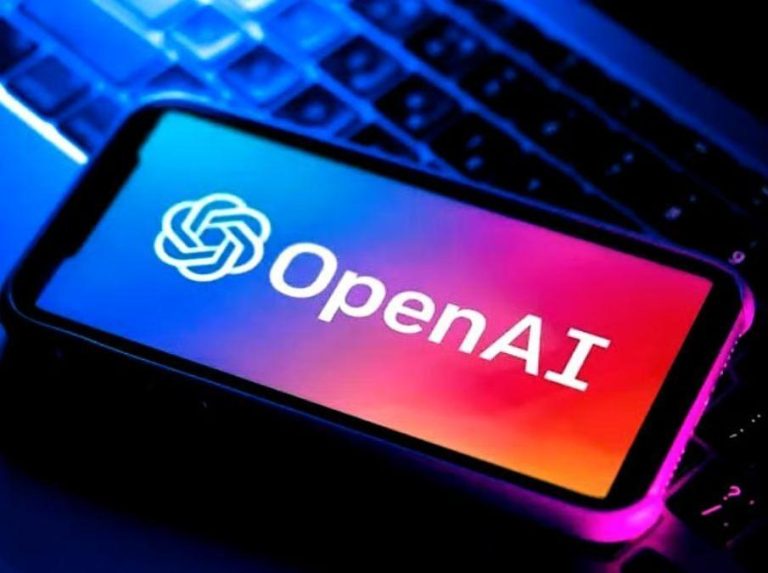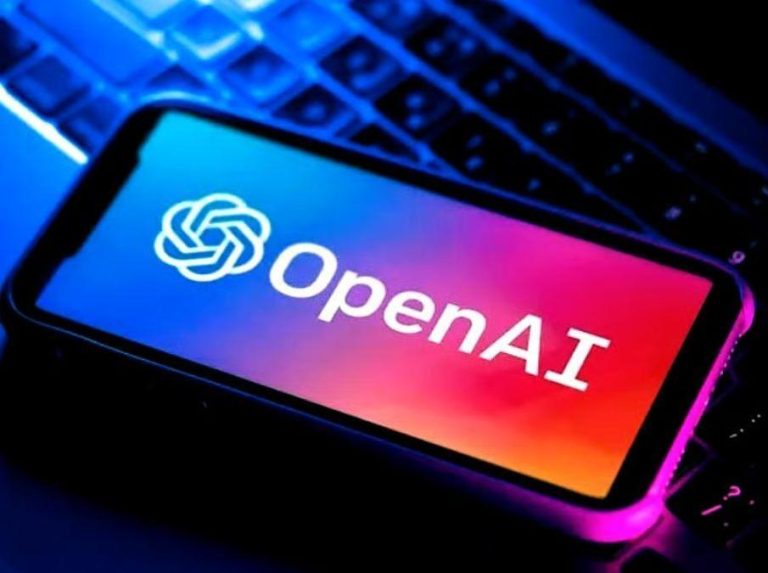
OpenAI Releases Downloadable AI Models for Public, Offline Use
In a groundbreaking move, OpenAI has released two AI models, gpt-oss-120b and gpt-oss-20b, which can be downloaded and run on personal computers, giving users complete control over the models without relying on internet access or expensive subscriptions. This marks a significant shift in the way AI technology is distributed and used, as it allows anyone to access and utilize these powerful models without needing permission or internet connectivity.
Since 2019, OpenAI has been working on developing AI models that can handle complex tasks such as language translation, text generation, and chatbots. Their previous models, including the popular ChatGPT, have been impressive in their capabilities, but they have also been limited in their availability. Only developers and researchers with access to OpenAI’s servers could use these models, and even then, they had to adhere to strict usage guidelines and limitations.
The new models, gpt-oss-120b and gpt-oss-20b, are designed to be more accessible and flexible. They can be downloaded and run on any computer, without the need for a high-performance server or specialized hardware. This means that anyone can use these models, regardless of their location or internet connection.
The gpt-oss-120b model is a larger and more powerful version of the gpt-oss-20b model, with 120 billion parameters compared to the 20 billion parameters of the smaller model. Both models are based on the transformer architecture, which is a type of neural network that is particularly well-suited for natural language processing tasks.
The significance of this release cannot be overstated. For the first time, OpenAI is giving users the ability to run their AI models offline, without needing to rely on the company’s servers or infrastructure. This opens up a wide range of possibilities for developers, researchers, and individuals who want to use AI technology in their work or personal projects.
Some of the potential applications of these models include:
- Chatbots and virtual assistants: With these models, anyone can create their own chatbots or virtual assistants that can understand and respond to natural language inputs.
- Language translation: The models can be used to translate text from one language to another, making it possible for people to communicate across language barriers.
- Content generation: The models can generate text, images, and other forms of content, making it possible for creators to automate the process of content generation.
- Research and development: The models can be used by researchers and developers to test and evaluate new AI algorithms and techniques.
The release of these models also has significant implications for the broader AI community. It marks a shift towards a more decentralized and open approach to AI development, where anyone can access and use powerful AI models without needing to rely on a single company or institution.
In conclusion, the release of gpt-oss-120b and gpt-oss-20b by OpenAI is a significant milestone in the development of AI technology. It marks a shift towards greater accessibility and decentralization, and opens up new possibilities for developers, researchers, and individuals who want to use AI technology in their work or personal projects.






